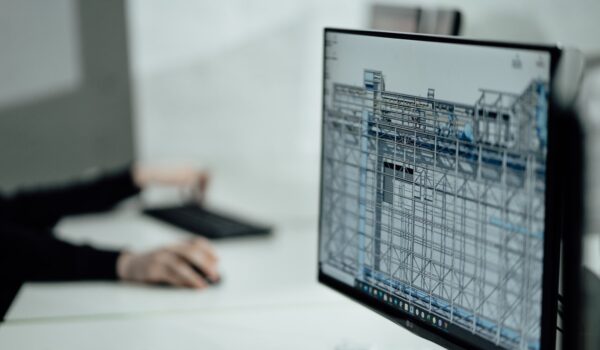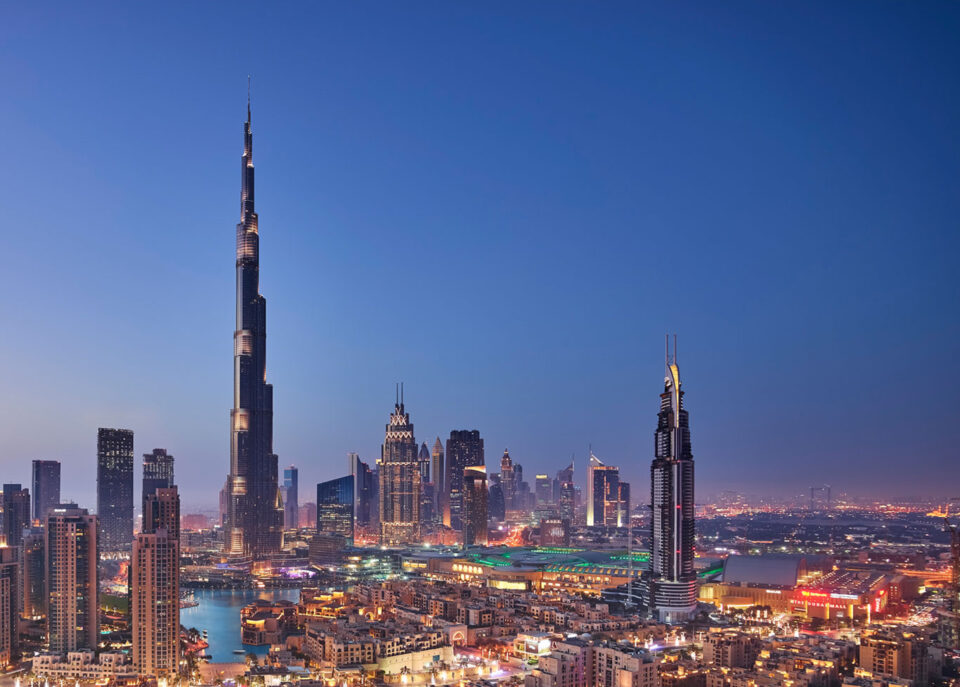- Join Dubai’s Leading Technical Training Institute Today!
- 50 6914688
- info@solvetechtraining.com
Innovations in HVAC Systems: A Deep Dive into Modern MEP Solutions in Dubai

Best Electrical Design Training in Dubai
July 11, 2024
Streamlining Construction Projects with Infrastructure BIM Services
August 20, 2024Innovations in HVAC Systems: A Deep Dive into Modern MEP Solutions in Dubai
Dubai's skyline, adorned with towering skyscrapers and innovative architectural marvels, is a testament to the city's commitment to progress and excellence. As Dubai continues to expand and modernize, the demand for cutting-edge HVAC (Heating, Ventilation, and Air Conditioning) systems is at an all-time high. These systems are critical components of the Mechanical, Electrical, and Plumbing (MEP) solutions that ensure buildings are energy-efficient, sustainable, and comfortable for occupants.
In this blog, we’ll explore the latest innovations in HVAC systems, focusing on how these advancements are shaping the future of MEP solutions in Dubai.

The Evolution of HVAC Systems in Dubai
Dubai’s extreme climate, characterized by scorching summers and mild winters, necessitates robust and efficient HVAC systems. Over the years, the city has witnessed a significant evolution in HVAC technology, driven by the need for energy efficiency, sustainability, and enhanced indoor air quality.
Key Innovations in Modern HVAC Systems
1. Smart HVAC Systems: The Rise of IoT-Enabled Solutions
Smart HVAC systems, powered by the Internet of Things (IoT), have revolutionized the way buildings in Dubai manage temperature, humidity, and air quality. These systems use sensors and connected devices to monitor and adjust HVAC operations in real-time, ensuring optimal performance while minimizing energy consumption.
In Dubai, where energy efficiency is a top priority, smart HVAC systems are becoming increasingly popular. They allow building managers to remotely control and monitor HVAC systems, reducing energy waste and lowering operational costs. Additionally, these systems can predict maintenance needs, preventing costly breakdowns and extending the lifespan of HVAC equipment.
2. Energy-Efficient Chillers: Reducing Energy Consumption in High-Rise Buildings
High-rise buildings dominate Dubai’s skyline, and cooling these structures efficiently is a significant challenge. Innovations in chiller technology have led to the development of energy-efficient chillers that use advanced refrigerants and variable speed drives to reduce energy consumption.
These chillers are designed to operate under Dubai’s extreme temperatures, providing reliable cooling while minimizing environmental impact. By integrating these chillers with building management systems (BMS), facility managers can optimize energy use, leading to substantial cost savings and a reduced carbon footprint.
3. Advanced Air Filtration Systems: Enhancing Indoor Air Quality
Indoor air quality (IAQ) is a critical concern in Dubai, especially in densely populated areas. Advanced air filtration systems have emerged as a solution to improve IAQ by removing pollutants, allergens, and harmful particles from indoor air.
Modern HVAC systems in Dubai now incorporate high-efficiency particulate air (HEPA) filters, ultraviolet (UV) germicidal irradiation, and activated carbon filters to ensure clean and healthy air. These innovations are particularly important in healthcare facilities, schools, and commercial buildings, where maintaining high IAQ is essential for the well-being of occupants.
4. District Cooling: A Sustainable Solution for Large-Scale Developments
District cooling is an innovative HVAC solution that is gaining traction in Dubai, especially in large-scale developments. This system involves the centralized production and distribution of chilled water to multiple buildings, offering a more energy-efficient and sustainable alternative to traditional air conditioning systems.
Dubai’s district cooling networks, such as those managed by Empower and Tabreed, are among the largest in the world. By reducing the energy required for cooling, district cooling systems help lower greenhouse gas emissions and contribute to Dubai’s sustainability goals.
5. Hybrid HVAC Systems: Combining Technologies for Maximum Efficiency
Hybrid HVAC systems, which combine different technologies such as air conditioning, heat pumps, and solar energy, are becoming more prevalent in Dubai’s green buildings. These systems offer the flexibility to switch between energy sources, depending on availability and cost, ensuring maximum efficiency and reduced energy bills.
For instance, solar-assisted HVAC systems harness Dubai’s abundant sunlight to power cooling operations, reducing reliance on conventional electricity. This not only cuts energy costs but also supports the city’s renewable energy targets.

The Future of HVAC in Dubai: Embracing Innovation and Sustainability
As Dubai continues its journey towards becoming a global hub for innovation and sustainability, the role of advanced HVAC systems in achieving these goals cannot be overstated. The city’s commitment to green building standards, such as LEED and Estidama, is driving the adoption of cutting-edge HVAC technologies that prioritize energy efficiency and environmental responsibility.
In the coming years, we can expect to see further advancements in HVAC systems, with a focus on integrating artificial intelligence (AI) and machine learning (ML) to optimize performance and predict maintenance needs. Additionally, the use of renewable energy sources and the expansion of district cooling networks will play a crucial role in reducing the city’s carbon footprint.
Best HVAC Training in Dubai
Dubai’s rapid growth and extreme climate present unique challenges for HVAC systems. However, with continuous innovation and a focus on sustainability, the city is well on its way to becoming a leader in modern MEP solutions. As new technologies emerge and existing systems are refined, the future of HVAC in Dubai looks bright, promising greater energy efficiency, enhanced indoor air quality, and a more sustainable urban environment.
By staying ahead of the curve and embracing these innovations, Dubai is setting a benchmark for cities around the world to follow, ensuring that its buildings are not only iconic but also environmentally responsible and comfortable for all.




